In the Vietnamese market today, most surveillance cameras (installed in homes, businesses, and public places) are of Chinese origin. Statistics from domestic businesses show that approximately 90% of surveillance camera products in Vietnam are imported from China, through both official and unofficial channels.
Notably, many modern cameras have cloud data connection mechanisms, storing information on servers located in China. Therefore, even when installed in Vietnamese apartments, this data still "goes roundabout" through Chinese servers before connecting to the camera and the application on the user's device.
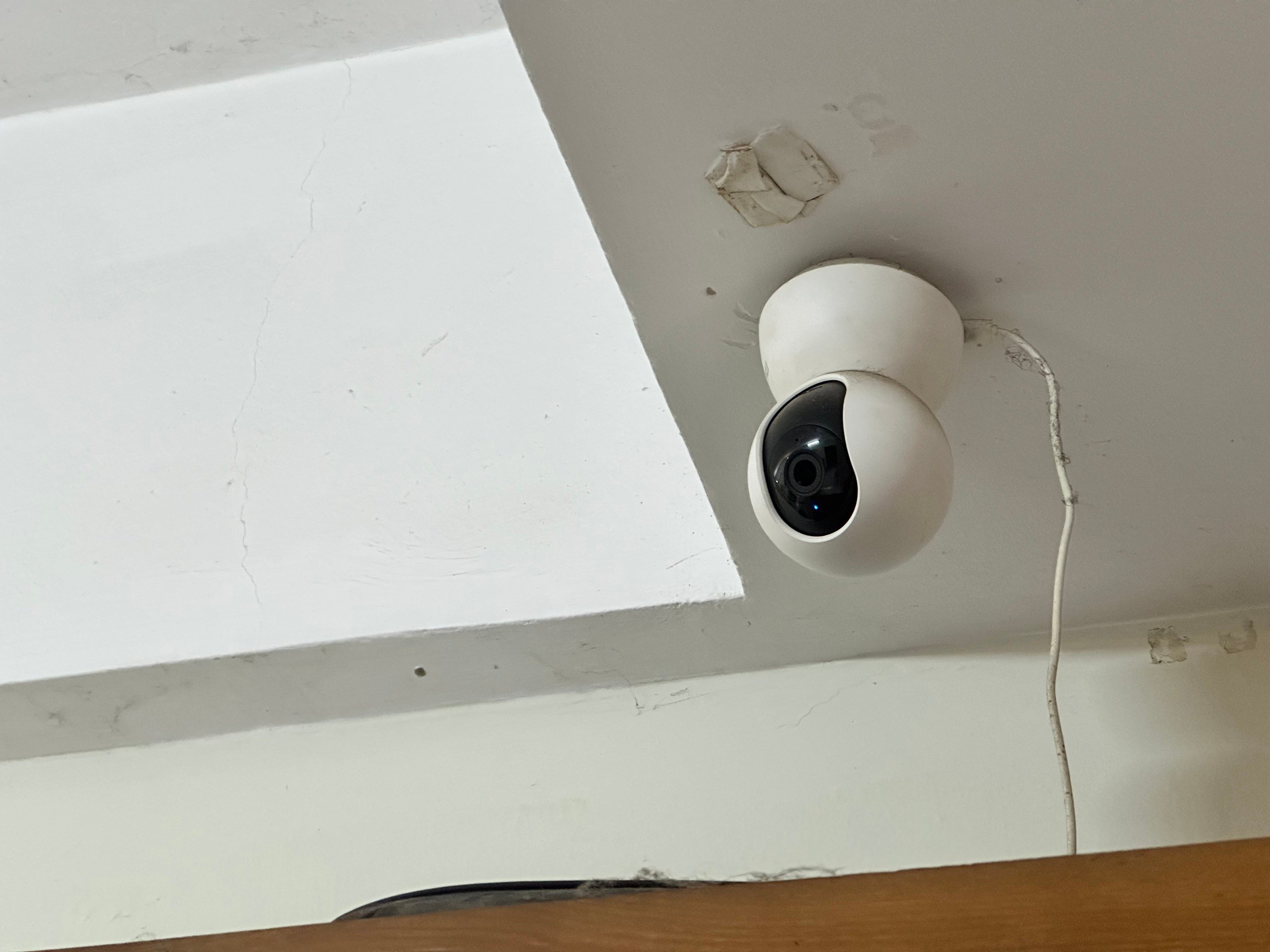
Cameras monitor many private activities but often disregard data security.
According to experts, cameras are sensitive products with a high risk of data leakage. Therefore, data recorded by cameras must pass through cloud servers located abroad, leading to information security risks. Sensitive personal data and private information could be made public if the transmission channel is blocked or the server is attacked. Furthermore, there is a risk that personal information could be exploited without permission.
Speaking at the seminar "Basic Network Security Standards for Surveillance Cameras" held on the morning of May 22nd in Hanoi , Mr. Vu Ngoc Son - Head of the Technology Department of the National Cybersecurity Association (NCA) - assessed that from a cybersecurity perspective, cameras can be considered like computers, even "special" ones, because they can listen, see, think (if AI is integrated), detect and analyze objects appearing within their field of view. These devices are almost never turned off, rarely receive security patches, and are very rarely updated with antivirus software or patches.
"Therefore, if attacked, there will be no one to protect them," Mr. Son stated. According to the NCA leader, despite the extremely high potential risks, cameras are not treated like computers as they lack clear standards or origins.
Sharing the same view, Mr. Nguyen Viet Bang, Deputy General Director of VNPT Technology, believes that cameras can become devices for collecting information. "A camera placed in a house is like a computer with an operating system, recording audio and video, and almost like having an extra person living in the house, running silently. Therefore, if there is a vulnerability, the camera device can completely send information outside. Also, because it uses network equipment, it has the ability to collect all information about the network in the house or office," Mr. Bang explained.
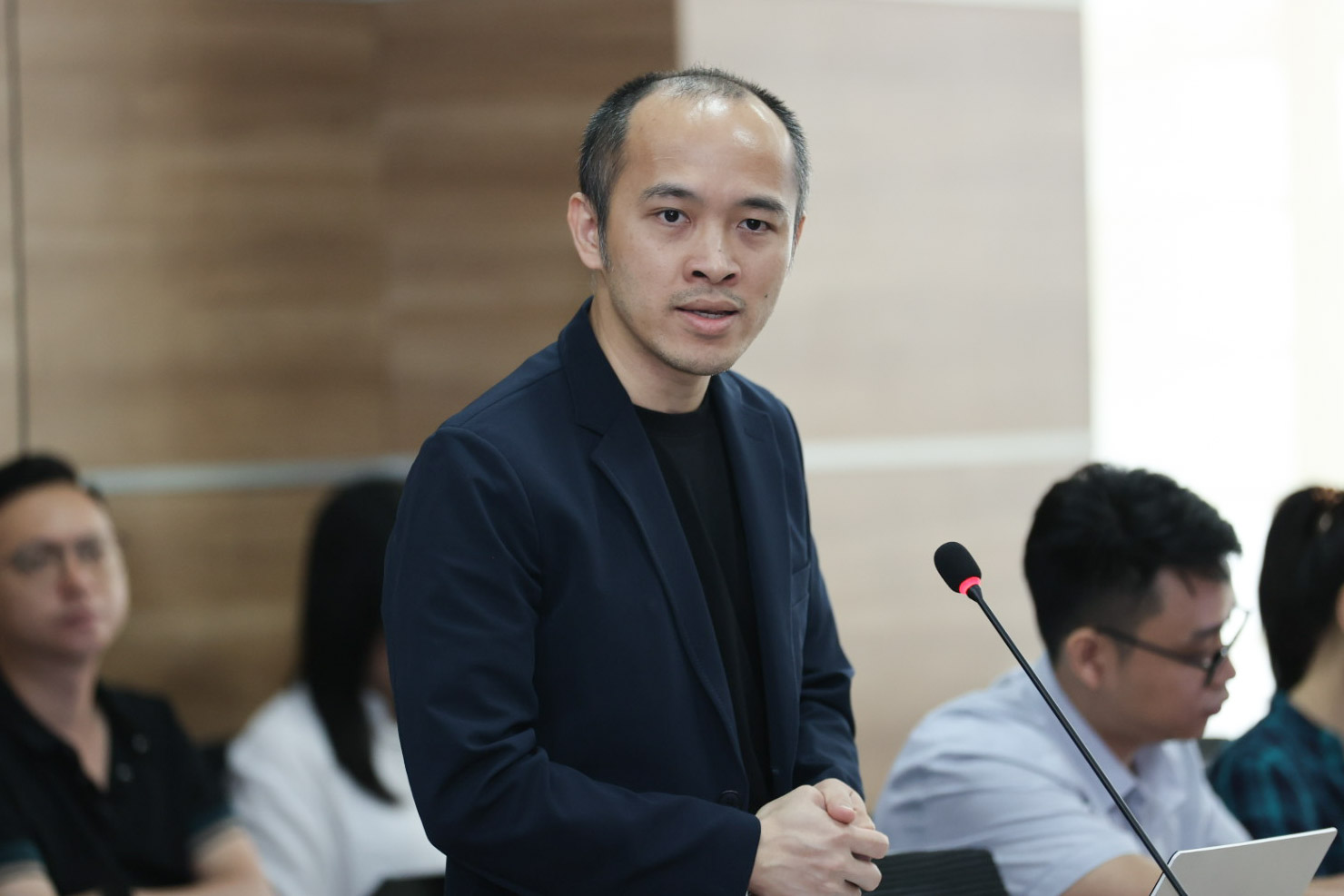
Mr. Vu Ngoc Son believes that cameras can be considered a special type of computer in homes, offices, or public places.
Globally , there have been numerous attacks on large-scale camera systems. For example, in 2023, many Hikvision customers received hacker attack warning messages on their screens while viewing their cameras. Hundreds of thousands of the company's cameras were attacked through a vulnerability dating back to 2021. Although the manufacturer released a patch, users did not update. The attack surprised many because such a critical system as cameras was not given the attention it deserved to have its vulnerabilities patched.
Another incident involved 150,000 cameras from the American company Verkada, installed in gyms, prisons, hospitals, Tesla factories, and other locations, being hacked in 2021. The hackers didn't attack directly but rather through the camera management servers – a common tactic in IT systems. They then gained privileged access to the company's cameras, bypassing authentication layers.
In Vietnam, while there haven't been any major incidents, the situation is alarming. In 2014, a website advertised the ability to view live footage from 730,000 different cameras worldwide without a password, including over 1,000 cameras in Vietnam. These cameras were placed in public areas, inconspicuous locations, inside offices and organizations, and on the streets. The website continues to operate and update regularly.
In 2020, according to a Vietnamese survey, the number of cameras with unupdated passwords reached 70%. "In 2023, some hackers were selling access to cameras in Vietnam, some systems with up to 100,000 cameras. The amount paid to view them was modest, only about 800,000 VND to access 15 cameras," Mr. Vu Ngoc Son shared.
Source: https://thanhnien.vn/du-lieu-camera-dang-di-vong-tu-viet-nam-sang-trung-quoc-185240522151802059.htm


![[Photo] Closing Ceremony of the 10th Session of the 15th National Assembly](/_next/image?url=https%3A%2F%2Fvphoto.vietnam.vn%2Fthumb%2F1200x675%2Fvietnam%2Fresource%2FIMAGE%2F2025%2F12%2F11%2F1765448959967_image-1437-jpg.webp&w=3840&q=75)



![[Photo] Prime Minister Pham Minh Chinh holds a phone call with the CEO of Russia's Rosatom Corporation.](/_next/image?url=https%3A%2F%2Fvphoto.vietnam.vn%2Fthumb%2F1200x675%2Fvietnam%2Fresource%2FIMAGE%2F2025%2F12%2F11%2F1765464552365_dsc-5295-jpg.webp&w=3840&q=75)

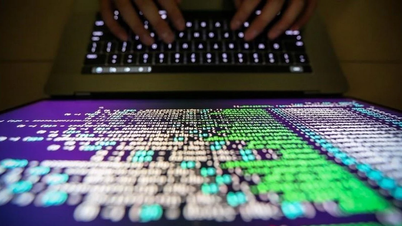

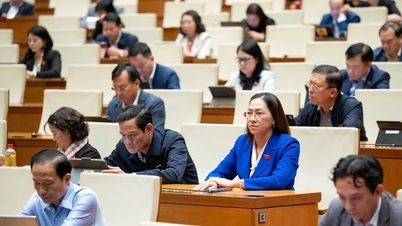




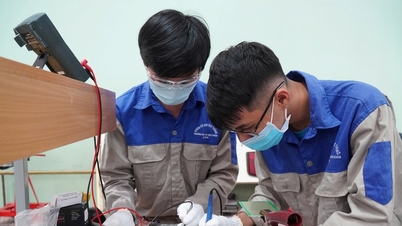

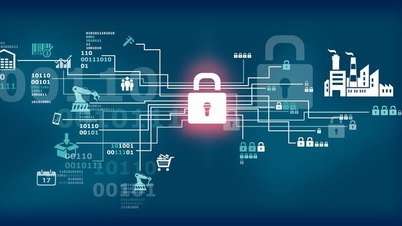






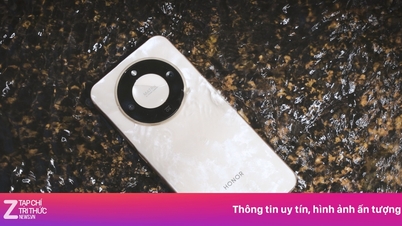
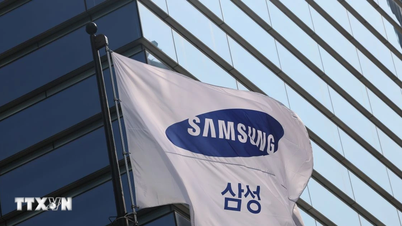
































![[OFFICIAL] MISA GROUP ANNOUNCES ITS PIONEERING BRAND POSITIONING IN BUILDING AGENTIC AI FOR BUSINESSES, HOUSEHOLDS, AND THE GOVERNMENT](https://vphoto.vietnam.vn/thumb/402x226/vietnam/resource/IMAGE/2025/12/11/1765444754256_agentic-ai_postfb-scaled.png)




























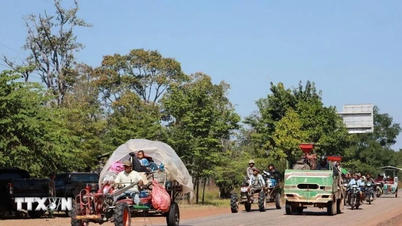
![[Photo gallery] Long Thanh Airport 'lights up' ready to welcome its first flight](https://vphoto.vietnam.vn/thumb/402x226/vietnam/resource/IMAGE/2025/12/11/1765467251707_bia_20251211222704.jpeg)

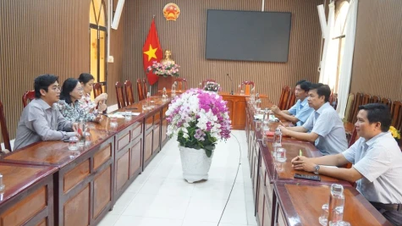


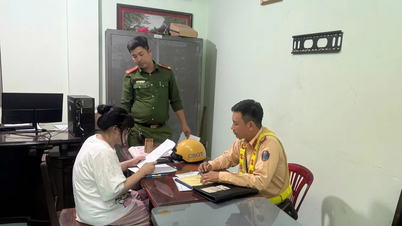
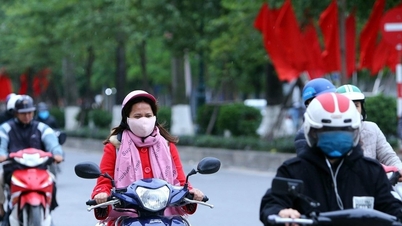














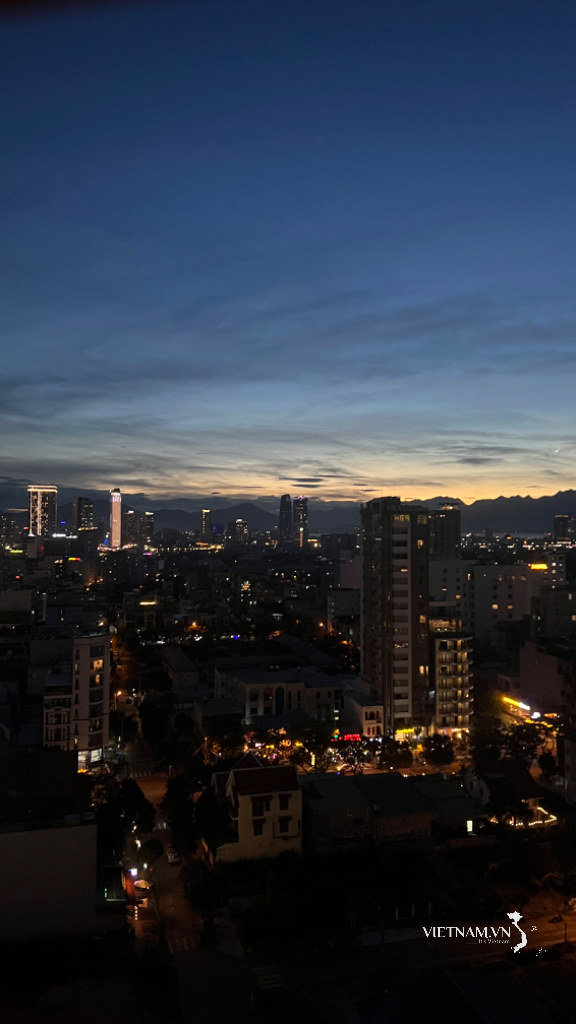
Comment (0)